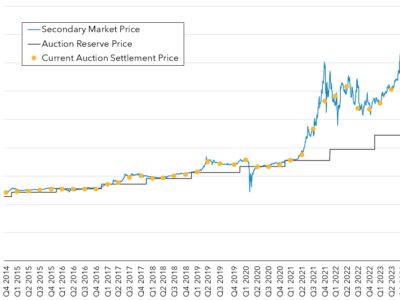The Challenge of Coal Exports
This article highlights a paradox. Oregon is an environmentalist state whose residents seek to live a low carbon lifestyle. Apparently, there is a lot of coal under Oregon and this state may become a major exporter of such high carbon fuel to Asia. Given its location, it may become one of the leading ports as other U.S states seek to ship their coal to Asia. This is the geography of “leakage”. Here is quote from the article:
“Just outside Boardman, on a plateau surrounded by wind turbines and cattle ranches, a coal-fired power plant is still in operation, but not for much longer. Under pressure from the public, Portland General Electric, which owns the plant, has announced that it will shut it down by 2020. It is the only coal-fired plant still operating in Oregon. The planned shutdown frustrated local residents who have been grateful for its cheap power and the jobs it provides. Many blame outside groups for the shutdown — and they presume protesters eventually will appear here to fight the coal export facility.”
A similar issue arises with the Keystone Pipeline. If the U.S doesn’t build a gas pipeline, do these resources stay in the ground or are they pulled out and shipped to Asia? The GHG implications of such trade in energy are obvious.
Reader Comments
2 Replies to “The Challenge of Coal Exports”
Comments are closed.








just a note: The coal to be exported comes from Wyoming and Montana (powder river basin), it isn’t being mined in Oregon.
just a note: The coal to be exported comes from Wyoming and Montana (powder river basin), it isn’t being mined in Oregon.